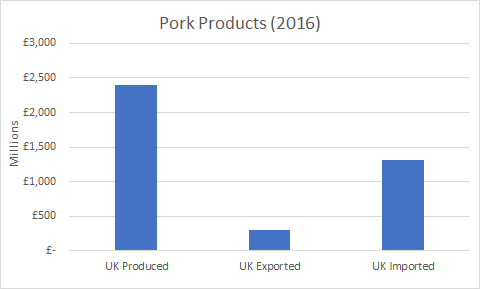That may be what UK officials are briefing out, but that's not what consolidated texts are typically used for.
A thread.
So on fisheries you have two documents, both with a paragraph 1, 2, 3, most of which cover identical things, just with different legal language.
For example, both the EU and UK probably define "fishing vessel" pretty similarly.
Negotiators can agree on a text for that part no problem.
They'll then wrangle over the two versions of the paragraph, trying to find a solution through technical legal work.
Say, how much access EU fishing vessels get to UK waters. No amount of clever legal drafting can square that circle.
Not the third (strong disagreement).
Where the two sides are close, it'll use one paragraph, maybe with some sentences, even words, or alternative text in [square brackets].
Finally, where agreement is far, both sides paras sit side by side in brackets.
Politically (and the big disagreements in this FTA are definitely political) it does little except demonstrate engagement.
Useful, not impasse breaking.
Sorry.
/End



